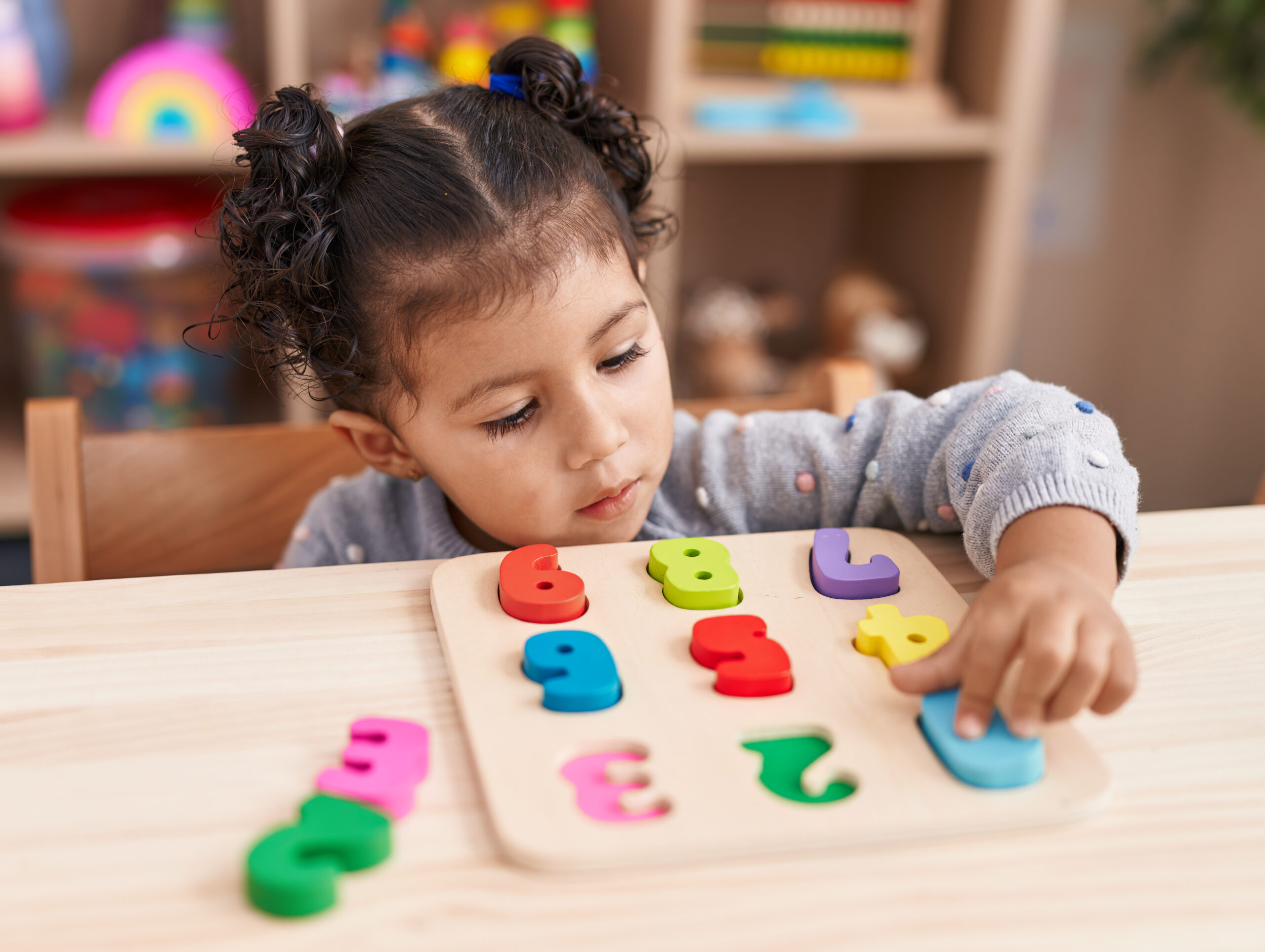
A Parent’s Guide to Early Childhood Skills
Starting preschool is an important milestone for both children and their families. It’s an exciting time filled with a lot of growth, learning, and new experiences. As a parent, you may be curious about this stage of development and what to expect. Continue reading to learn more about preschool and the important skills that children acquire during this time.
Essential Skills Children Develop in Preschool
A high-quality preschool provides young children with a safe, supportive, and engaging environment that promotes their social, emotional, physical, and cognitive development. Preschool is typically play-based and helps children build foundational skills and knowledge that prepare them for success in school and beyond. Below is an overview of the skills and concepts that your child will learn:
Early Academic Skills: Through playful activities and hands-on experiences, preschoolers begin to build early literacy and numeracy skills, including a basic understanding of letters, sounds, numbers, shapes, and colors.
Social-Emotional Skills: In preschool, children have many opportunities to interact with peers and adults. They practice sharing, taking turns, and engaging in cooperative play. They also gain experience with managing and discussing their emotions, adapting to new environments, resolving conflicts, and following classroom routines.
Language & Communication Skills: In preschool, children enhance their ability to express themselves and communicate their needs, wants, and thoughts effectively. They also improve listening skills by participating in conversations, listening to stories, answering questions, and following simple directions.
Self-Care Skills: Preschool is a time when children gain independence in managing their personal needs. This includes things like practicing personal hygiene (using the bathroom, washing their hands), managing their own materials (packing their own backpacks, cleaning up classroom materials), and dressing themselves (putting on coats & shoes).
Fine and Gross Motor Skills: In preschool, children engage in play and activities that help them develop both fine and gross motor skills. Fine motor skills involve small muscles and include tasks like holding a pencil correctly, cutting with scissors, and fastening a button. Gross motor skills involve large muscles and include skills like running, jumping, balancing, and climbing.
School-Readiness and Approaches to Learning: High-quality preschool programs encourage curiosity, enthusiasm, and creativity, and they help children develop a positive approach to learning. Through hands-on activities and imaginative play, children learn to explore their environment, ask questions, and develop problem-solving skills. Additionally, preschool activities help children concentrate on tasks for longer periods, building their attention span and perseverance.
By understanding the skills your child is developing during their preschool years, you can better support their growth. Remember that each child progresses at their own pace, and your encouragement, patience, and active involvement will help them build confidence and a lifelong love of learning that extends far beyond the preschool classroom.

Literacy Specialist
